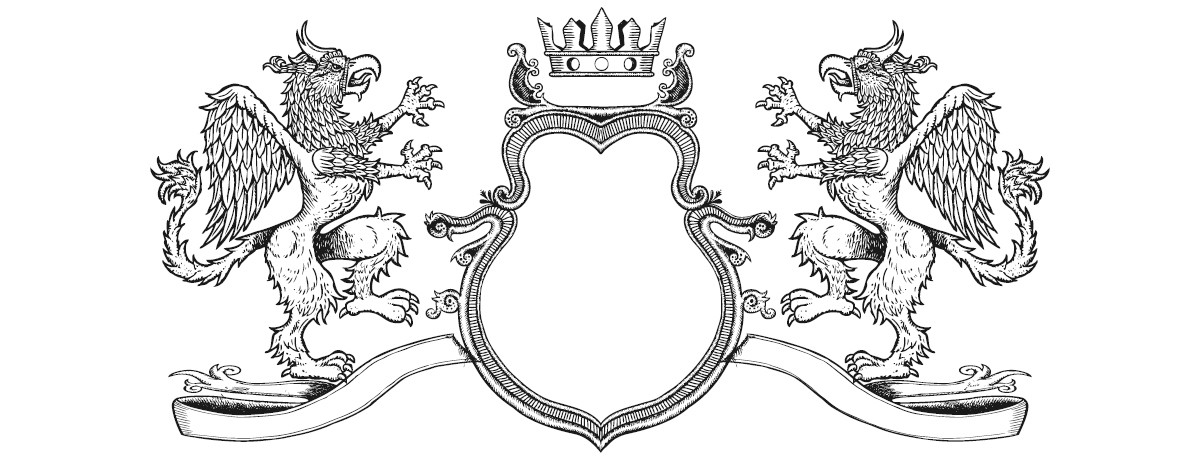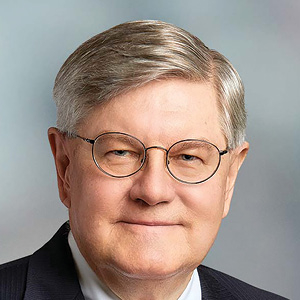“Official marks” are a unique feature of Canadian trademark law. Many trademark owners, even in Canada, are unaware of their existence. Those who know about them are often unclear about the rights provided and the options available for dealing with citations of (or complaints based on) official marks.
These marks can be a source of great frustration for business owners and others when cited by the Canadian Trademarks Office against an application to register a trademark. However, applicants have several options available to overcome the citation of an official mark.
Recent amendments to the Trademarks Act (which are not yet in force but could optimistically come into effect in late 2023) have codified one of the options that is currently only a matter of Trademarks Office practice and introduced a new mechanism to obtain a remedy currently available only through Canada’s Federal Court.
Background
Although official marks bear some resemblance to standard trademarks, they differ in several significant respects. Most notably, an official mark can prevent others from using or registering an identical mark or any other mark that would be “mistaken for” the official one. The parties’ goods, services and overall businesses are irrelevant and ignored in the assessment of the “mistaken for” test. (The “confusion” test relevant for comparing trademarks does not apply in the case of official marks.)
Official marks represent a surprisingly significant form of intellectual-property protection that never expires, is not subject to non-use cancellation and does not undergo substantive examination. Protection for an official mark may be granted even if the mark is, for example, clearly descriptive, deceptive, a surname, a common place name or easily confused with prior registered trademarks.
“Official marks” are described under paragraph 9(1)(n)(iii) of the Trademarks Act, which reads as follows:
9(1) No person shall adopt in connection with a business, as a trademark or otherwise, any mark consisting of, or so nearly resembling as to be likely to be mistaken for, (n) any badge, crest, emblem or mark (iii) adopted and used by any public authority, in Canada as an official mark for goods or services, in respect of which the Registrar has, at the request of . . . [the] public authority . . . given public notice of its adoption and use.
Under this provision, only Canadian “public authorities” (as further described below) can obtain protection for official marks. To be enforceable, the mark must have been “adopted and used” by the public authority. The term “adopted and used” in this context has been held simply to mean that the mark was publicly displayed.
Before granting an official mark, the Trademarks Office requires evidence demonstrating that the mark has been publicly displayed and that it has public authority status. On the latter point, the office will apply a two-part test to determine if an entity (described below as a “body”) qualifies as a public authority:
- a significant degree of control must be exercised by the appropriate government over the activities of the body; and
- the activities of the body must benefit the public.
The clearest examples of public authorities are Canadian governments themselves: the federal government and those of the provinces and municipalities. However, the Trademarks Office has also determined that many nongovernmental entities are also public authorities, such as provincial lottery corporations, research companies and organizations including (among others) certain sporting organizations, dairy associations and museums.
Current Options to Challenge an Official Mark
When assessing a citation of an official mark raised by the Trademarks Office as it reviews a trademark application, the first consideration is whether the mark at issue would be “mistaken for” the official mark. In most cases, a putative trademark must be nearly identical to an official mark for its registration to be denied. Accordingly, if the marks at issue are not nearly identical, it may be worth attempting to overcome the objection through argument. If arguments fail, other options are available.
In cases in which an official mark is cited by the Trademarks Office, often the most straightforward remedy is to obtain consent of the official mark’s owner. Relatively often, public authorities are prepared to give their consent—sometimes subject to certain conditions—particularly when the official mark is an ordinary word found in the dictionary and the goods and services listed in the application are unrelated to the public authority’s activities.
Where a letter of consent is unavailable, those facing an objection based on an official mark can consider two other options. First, the Trademarks Office will withdraw an objection if an applicant provides evidence sufficient for the Registrar to determine that the public authority no longer exists. Second, a party can challenge the validity of an official mark by bringing a proceeding in the Federal Court of Canada for judicial review of the Registrar’s decision to give public notice of the official mark (or seeking a declaration that the official mark is invalid).
To date, the Federal Court has considered only two grounds of invalidity: that the owner is not a “public authority” in Canada, and that the official mark was not “adopted and used” prior to the Trademarks Office granting official mark status.
Recent Amendments to the Trademarks Act
The act has been amended to add the following subsections (which are not yet in force as of press time, but could optimistically come into effect in late 2023):
9(3) For greater certainty, and despite any public notice of adoption and use given by the Registrar under paragraph (1)(n), subparagraph (1)(n)(iii) does not apply with respect to a badge, crest, emblem or mark if the entity that made the request for the public notice is not a public authority or no longer exists.
(4) In the circumstances set out in subsection 9(3), the Registrar may, on his or her own initiative or at the request of a person who pays a prescribed fee, give public notice that subparagraph (1)(n)(iii) does not apply to the badge, crest, emblem or mark.
When in force, these provisions will ideally create a simple, efficient mechanism to allow the Trademarks Office to declare that an official mark is no longer valid or enforceable. However, as noted above, such a declaration will be available only in limited circumstances—namely, in cases in which the owner of the official mark is not a public authority or no longer exists.
There is currently no simple mechanism to have an official mark declared invalid by reason of the owner not qualifying as a public authority. The only method available at the moment is to file an application for a declaration or judicial review with the Federal Court. However, once subsections 9(3) and 9(4) are in force (optimistically in late 2023), it will be possible to invalidate an official mark by filing a request with the Trademarks Office and paying the prescribed fee.
In most cases, a putative trademark must be nearly identical to an official mark for its registration to be denied."
The Trademarks Office has published a draft Practice Notice regarding its proposed implementation of subsection 9(4). According to the draft, the request (which should be accompanied by evidence) will be reviewed and, if the office is satisfied, it will send a notice to the holder of the official mark regarding evidence of the holder’s status as a public authority. If the notice goes unanswered during the prescribed time, or if the evidence is insufficient to meet the relevant test, then the status of the official mark will be amended to read “inactivated.” The ability to challenge an official mark through an administrative mechanism before the Trademarks Office will undoubtedly be welcomed by many brand owners.
Jamie-Lynn Kraft has been recognized in The Best Lawyers in Canada® since 2022 in Intellectual Property Law. She is a principal in Smart & Biggar’s Ottawa office. As a trusted advisor, Jamie-Lynn counsels her clients throughout the trademark lifecycle, including clearance, prosecution, opposition and enforcement. Jamie-Lynn is passionate about helping her clients grow their businesses and harness the full potential of their brands.
Philip Lapin has been recognized in The Best Lawyers in Canada® since 2016 in Intellectual Property Law. He is a principal in Smart & Biggar’s Toronto office. With more than 20 years of experience and a high rate of success, he is recognized as one of Canada's leading trademark lawyers. As chair of the firm’s Trademark Operations Group, Philip provides strategic advice on trademark portfolios for many Canadian and multinational corporations.
































